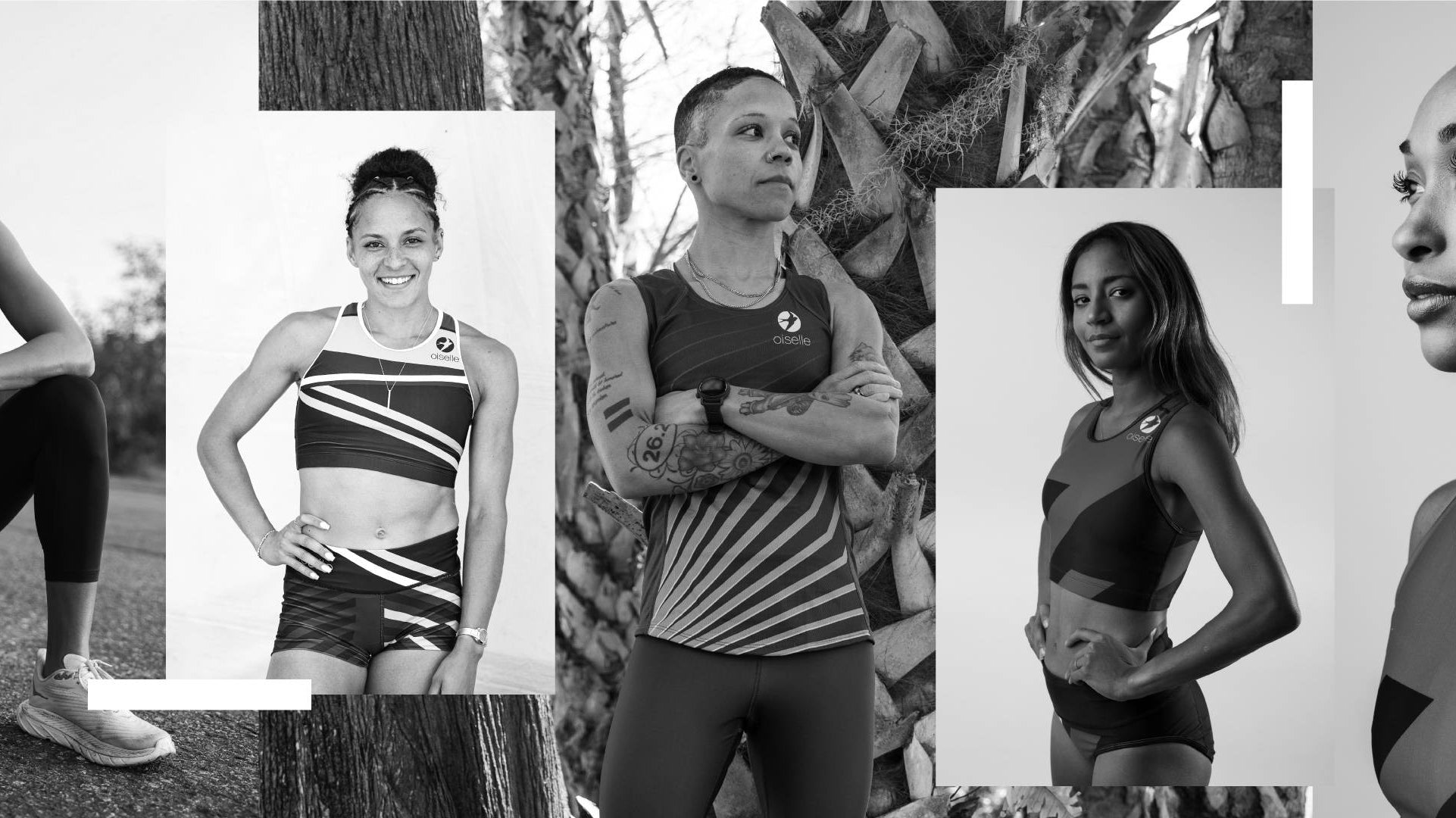Let’s talk about the word “colorblind.” I have been seeing a lot of white people claiming to be (or claiming to raise their children to be) colorblind. Please stop.
Here’s why that word is problematic:
- You are NOT actually colorblind. If you are blessed with the ability of eyesight, you DO see color. And that’s okay. We all do. So that phrase in and of itself just isn’t true.
- What you actually mean is that you don’t treat people differently based on their skin color. But that, too, is highly unlikely. Now stay with me. I realize that by now you probably are feeling uncomfortable and you are probably yelling something back at your phone about how I don’t know you and you DON’T treat people differently based on their skin color. But research tells us otherwise. Our brains are hardwired towards bias against people who look differently than us. If you don’t believe me, google the phrase “neuroscience and bias” and spend a few minutes reading the words and research of people much smarter than me.
- Another issue is that colorblind is said as if it’s the goal. The truth is that it is NOT. I’m proud to be black. I don’t want people to look at me and not see that I’m black. I want people to look at me and not associate my blackness with negative stereotypes. I want people to look at me, see my blackness and appreciate it as a part of who I am but recognize that they can’t assume things about me because of it. I want people to view my blackness the same way they view brown hair. It’s a feature of someone but not a reason to treat them differently. You would never tell someone in regard to their hair color, “oh I don’t see color.” That comment would be viewed as ridiculous. It should be the same with skin color.











Comments
Your voice SPEAKS VOLUMES. Thanks for continuing to amplify your voice.
Yes! Thank you Oiselle also for not shying away from this topic. I read “So You Want To Talk About Race” last month and it was SO good, and made me rethink a lot of things I hadn’t considered before. Should be a must-read for HS civics classes.
Thanks for the eloquent real talk Courtney! Diversity is a complex idea that I find really interesting. Love ya – Aly’s Mom
Another good one is Blindspot, which explores bias generally to help people get a feel for how bias works. Thanks for posting this!
Thanks for being honest, in that bias is not only in one direction. Would love to continue the conversation in light of your candidness!
Loved this article! Thanks!
Here is a link to the Implicit Association Test that Courtney mentioned. https://implicit.harvard.edu/implicit/takeatest.html
It’s a super helpful tool if you want to get started doing this work because heck, let’s face it – we all have biases. In my own journey, I’ve found this helpful because knowing where I have a bias or May not see something that someone else does because of experiences I have or have not had can help me learn. We are all on this journey!